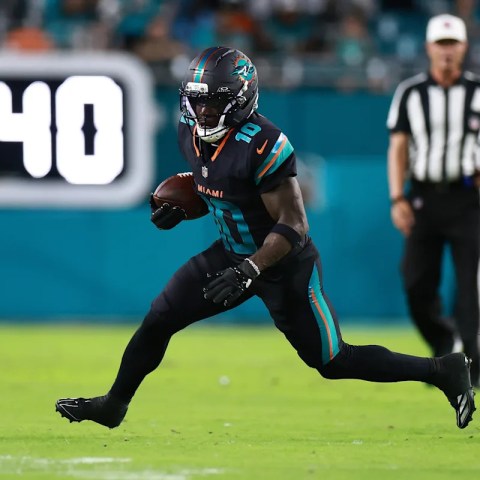Luigi Mangione’s Court Case: Key Developments
Luigi Mangione’s legal team has moved to dismiss crucial charges against him, including the one that could lead to the death penalty, connected to the fatal shooting of UnitedHealthcare’s CEO, Brian Thompson, in December.
In court documents filed in Manhattan, Mangione’s lawyers argued that statements he made to police and evidence gathered from his backpack should not be allowed in the trial. They claim Mangione was not read his rights before questioning and that officers searched his backpack without a warrant.
Mangione, 27, has pleaded not guilty to both state and federal charges related to the shooting. The incident occurred as Thompson arrived at a Manhattan hotel for an investor conference. Following the shooting, Mangione fled the scene, reportedly biking to Central Park before taking a taxi to a nearby bus station. He was arrested five days later after a tip led police to a McDonald’s in Altoona, Pennsylvania, about 233 miles away.
The court case has generated significant public attention, especially after U.S. Attorney General Pam Bondi called Thompson’s death a “premeditated, cold-blooded assassination.” This statement prompted Mangione’s lawyers to seek the dismissal of the federal charges.
Interestingly, Americans have reacted strongly to this case online, linking it to broader concerns about health insurance practices. Following the shooting, investigators discovered ammunition marked with terms like “delay” and “deny,” phrases often associated with criticisms of health insurers. This discovery has heightened discussions around corporate accountability and safety in the workplace.
In legal terms, most murder cases are tried in state courts. However, federal prosecutors have charged Mangione under a law aimed at murders involving firearms. This particular charge is significant because it introduces the potential for the death penalty, which is not applied in New York State.
While the situation continues to unfold, experts note that the public’s outrage may reflect a growing distrust in the healthcare industry. According to a recent survey by the Kaiser Family Foundation, nearly 70% of Americans disapprove of how insurance companies operate. This distrust is amplified by incidents like Thompson’s murder.
In conclusion, as Mangione’s case progresses, it stands as a stark reminder of the intersection between crime, corporate responsibility, and public sentiment. The verdict will likely resonate well beyond the courtroom, affecting discussions around corporate governance and public safety in the healthcare sector.
For more details on this ongoing case, you can visit the NPR article.




















